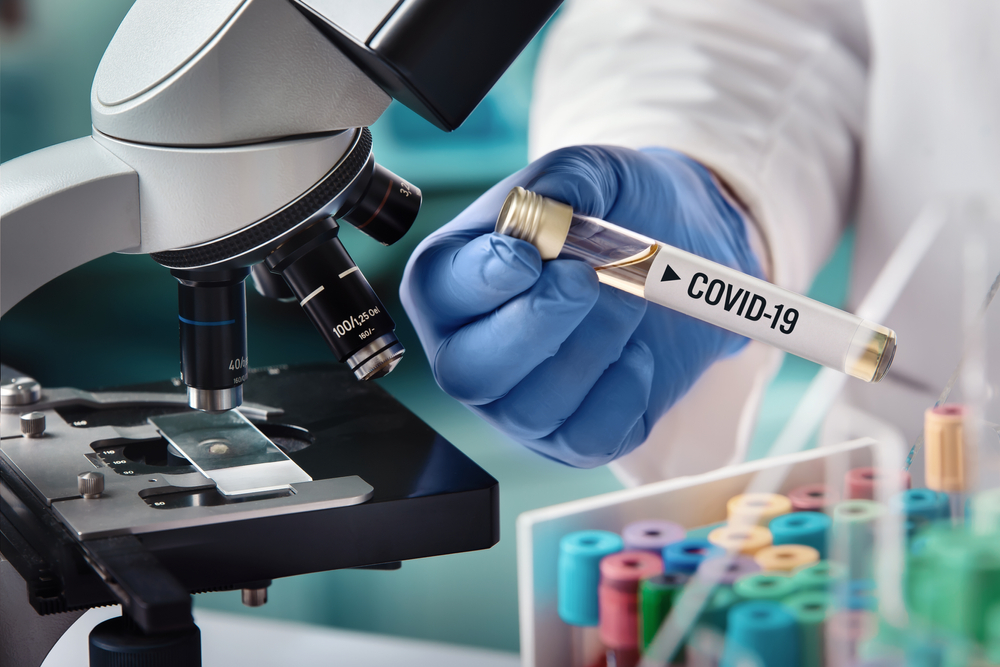
Efforts begun on a SARS-CoV-2 vaccine in February are moving closer to fruition for the Biomedical Advanced Research and Development Authority (BARDA) and Sanofi Pasteur, with the announcement of pending non-clinical studies and a Phase 1 clinical trial.
These trials will determine the initial safety and effectiveness of the vaccine candidate, meant to treat what SARS-CoV-2 causes: COVID-19. It proposes to do so using a recombinant DNA platform, which produces an exact genetic match to proteins of the virus. These proteins’ DNA can then be combined with DNA from a more harmless virus to rapidly produce large quantities of antigen that spur the immune system to fend off things like, theoretically, COVID-19. These antigens can then be separated and collected from cells and purified for use as working vaccine stocks for advanced development.
“Flexibility and scalability are cornerstones of rapid response to an emerging infectious disease,” BARDA Director Rick Bright said when the partnership was first announced. “Using this proven technology, we can pivot immediately to address this new global health threat. Our goal is a licensed vaccine to provide long-term health security against this latest virus and prevent future coronavirus outbreaks.”
In addition to the studies, BARDA intends to work with Sanofi Pasteur — the vaccines global business unit of Sanofi — on regulatory support and process development for creating large scale manufacturing of the technology in the United States, along with planning out advanced stage clinical trials. The technology was originally developed as a joint means of making millions of doses of vaccine quickly during an influenza pandemic. For that reason, the platform is also used for Sanofi’s seasonal influenza recombinant vaccine.




